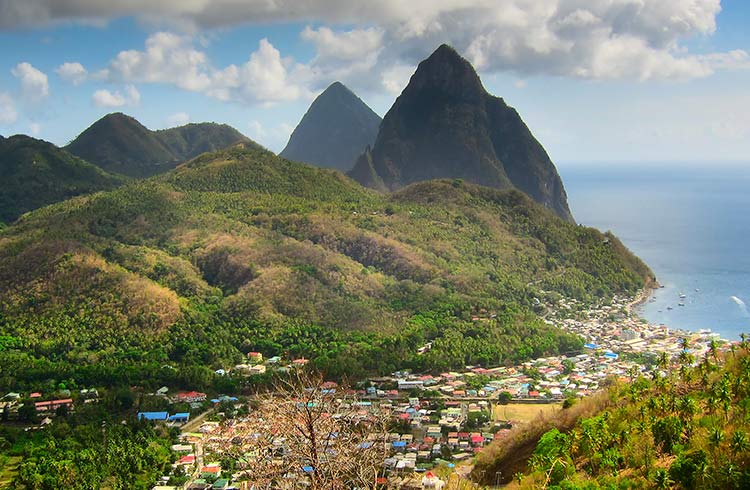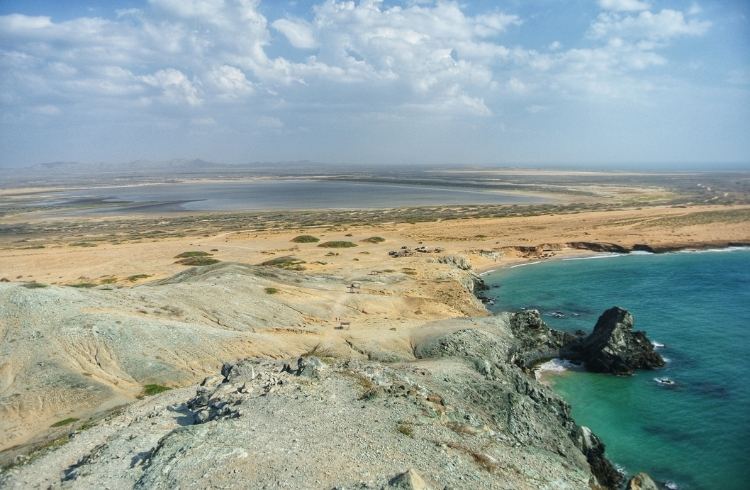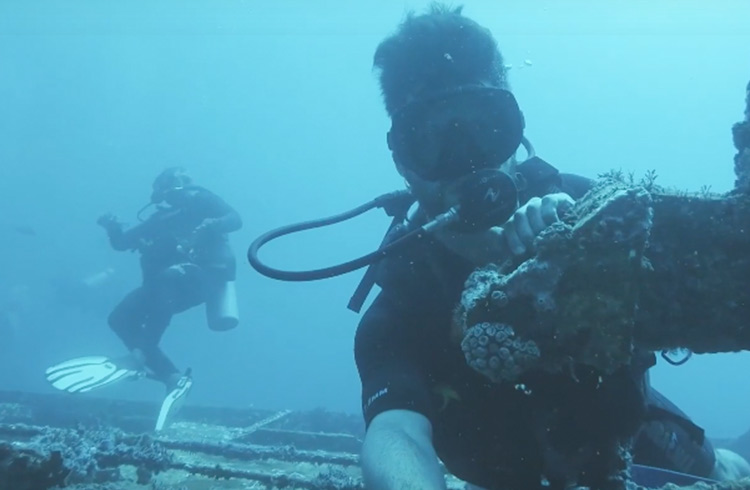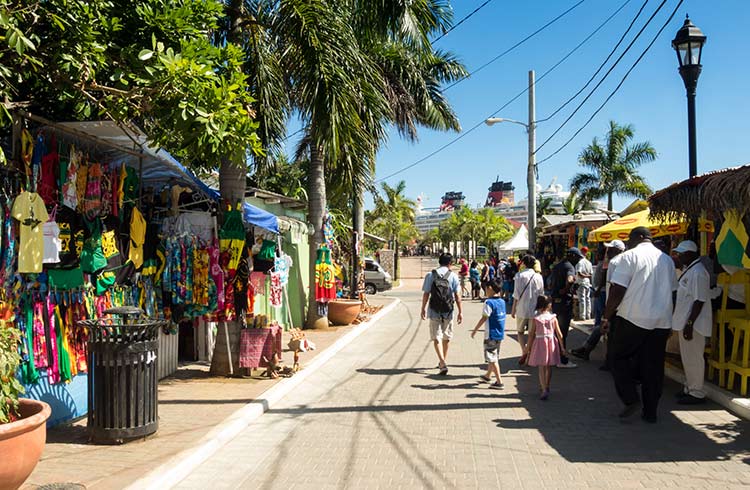Is St. Lucia Safe? Essential Travel Tips for Visitors
Rainforests, waterfalls and volcanic landscapes make St Lucia a stunning Caribbean destination to explore. But before you go, here are our top tips to stay safe and avoid crime.
 Photo © Getty Images/photogodfrey
Photo © Getty Images/photogodfrey
St Lucia is a friendly and welcoming eastern Caribbean country, home to the world's only drive-in volcano (which is thankfully dormant) and an annual jazz festival held each year in May.
It's also a popular destination for cruise ships and a favorite with honeymooning couples.
Crime in St Lucia
With a population of approximately 180,000 people, this beautiful tropical island isn't too overcrowded. St Lucians are relatively well-off, and crime rates are low.
Crime remains low in St. Lucia but use common sense as you would anywhere. Avoid walking down quiet, unlit streets at night alone, and if you've got a long, late night walk back to your accomodation, use a taxi.
Muggings and theft from hotels, yachts or holiday rentals do occur, and occasionally come with violence. There have been armed robberies at waterfalls in the Anse La Raye area, so be careful traveling to these areas, and visit with a group of people.
Avoid walking alone in isolated areas, including beaches after dark, and only go camping in large groups.
Take care at popular late night street parties and "jump-ups".
Be cautious about accepting lifts from strangers, and use only licensed taxis.
The St Lucian authorities are working with the tourism industry to maintain a safe environment for visitors.
Getting around St Lucia safely
Most roads are narrow and are in varying states of repair.
In mountainous areas, roads can be steep and have sharp hairpin bends, some of which are not clearly marked.
Four-wheel drive vehicles with automatic gearboxes are popular, and in some areas essential. Driving standards are variable and you should negotiate roundabouts with extreme care. Given local conditions, drive slowly and cautiously.
It is common for pedestrians to flag down vehicles in an attempt to get a lift. You should not stop to do so. It is advisable to keep car doors locked when driving.
There are regular mini bus services, which provide relatively cheap, but sometimes dangerously fast, travel between all main towns.
Standard taxi fares exist for most destinations but you should clarify the fare with the driver before the beginning of the journey.
The drive from Hewanorra International Airport to Castries or to Rodney Bay is a winding road through mountainous terrain and takes between 1 to 1.5 hours. If you are prone to travel sickness, some anti nausea medication might be advisable.
Local laws and hazards
Camouflage clothing or luggage are banned in St. Lucia.
Climbing one of the twin Pitons is a popular attraction. Gros Piton is the most accessible option, but ensure you have packed sufficient supplies and are feeling well enough to handle the four-hour return hike.
As on other Caribbean islands, street vendors can be intimidating. A polite "no" should do the trick, so keep walking and avoid making eye contact if you aren't interested in what they're selling.
Water safety
Not all of St Lucia's beautiful beaches have lifeguards or warning flags in attendance. Be aware of strong currents, ask locals for advice on where and when to swim and obey any instructions or safety signs.
Related articles
Simple and flexible travel insurance
You can buy at home or while traveling, and claim online from anywhere in the world. With 150+ adventure activities covered and 24/7 emergency assistance.
Get a quote


No Comments